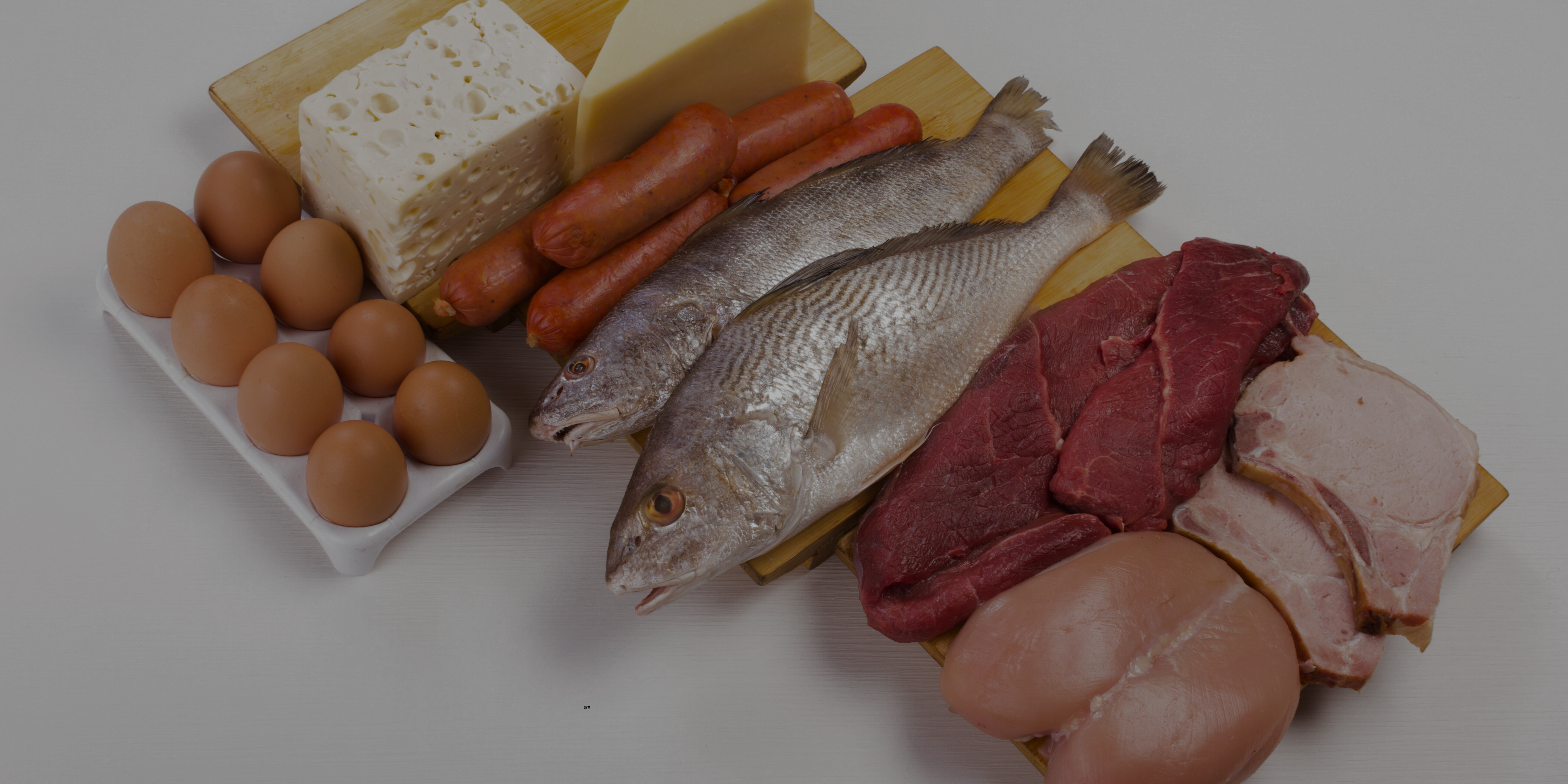Hitting the gym and consuming protein go hand-in-hand, especially for those looking to build muscle. Protein is essential for muscle repair and growth, making it a cornerstone of anyone’s fitness regimen. However, like most things, moderation is key. Consuming too much protein can actually have unintended consequences, even for dedicated gym-goers. Here’s what happens if you overdo it on the protein while maintaining a regular gym routine.
Kidney Strain
One of the primary concerns with excessive protein consumption is the strain it places on the kidneys. The kidneys are responsible for filtering out waste products from protein metabolism, like urea. Overloading them with too much protein can potentially lead to kidney damage, especially in individuals with pre-existing kidney conditions. Add in the fact that most people don’t get enough fibre in their diet (which helps with digestion), then the stress on the kidneys is higher.
Digestive Issues
Consuming large amounts of protein can lead to digestive discomfort. This includes symptoms such as bloating, constipation, and diarrhea. High-protein diets often lack sufficient fiber, which is essential for healthy digestion.
Nutrient Imbalance
Focusing too much on protein can cause an imbalance in nutrient intake. Carbohydrates and fats are also crucial for energy, overall health AND muscle building. An imbalanced diet lacking in these macronutrients can lead to decreased energy levels and poor workout performance.
Dehydration
Protein metabolism requires more water for the kidneys to filter out the by-products as mentioned above. Without adequate water intake, you may experience dehydration, which can negatively impact your workouts and overall health.
Unintended Weight Gain
While protein is less likely to be stored as fat compared to carbs and fats, excessive caloric intake from any source can lead to weight gain. If you’re consuming more protein than your body needs, those extra calories can contribute to an increase in body fat.
So how much protein should you be having?
The amount of protein you need can vary based on several factors including your body weight, the intensity of your workouts, and your fitness goals. Here are some general guidelines:
General Fitness
If your goal is general fitness and you exercise moderately, aim for 0.8 to 1.0 grams of protein per kilogram of body weight.
Muscle Building
For those focused on muscle building and engaging in more intense workouts, the recommended intake increases. Aim for 1.2 to 2.2 grams of protein per kilogram of body weight.
Weight Loss
If you’re working out to lose weight while maintaining muscle mass, a higher protein intake can be beneficial. Aim for 1.5 to 2.2 grams per kilogram of body weight.
“What kind of protein should I consume for best results?”
- Lean meats: Chicken, turkey, lean beef, veal, lamb
- Fish and seafood: Salmon, tuna, and shrimp
- Dairy: Greek yogurt, cottage cheese, milk,
- Plant-based options: Beans, lentils, tofu, quinoa
- Protein supplements: Whey (Isolate for those who are lactose intolerant), casein, and plant-based protein powders
- Don’t skip on eggs too!!

Rep by rep you'll experience what proper gym training can do.
Save time structuring your routines and avoid making mistakes with your workouts.
With exercise tracking, progress monitoring and the ability to modify existing workouts.
Crush your goals and achieve more than you thought possible.
Start training with us today and unlock a fitter, stronger and healthier you!

